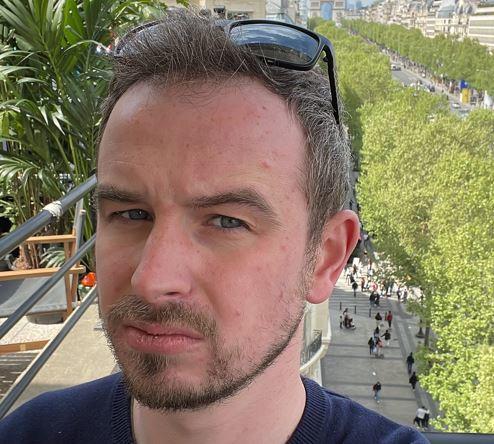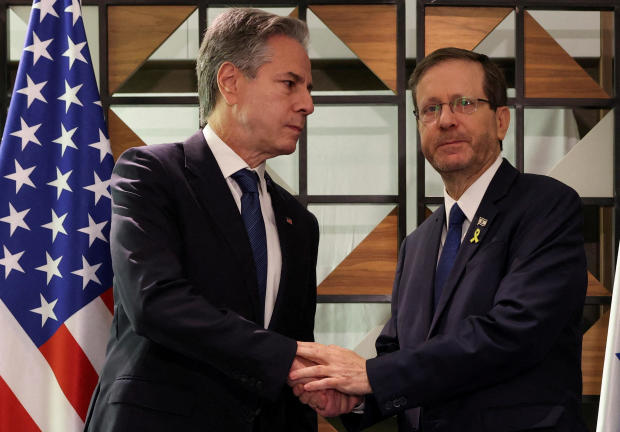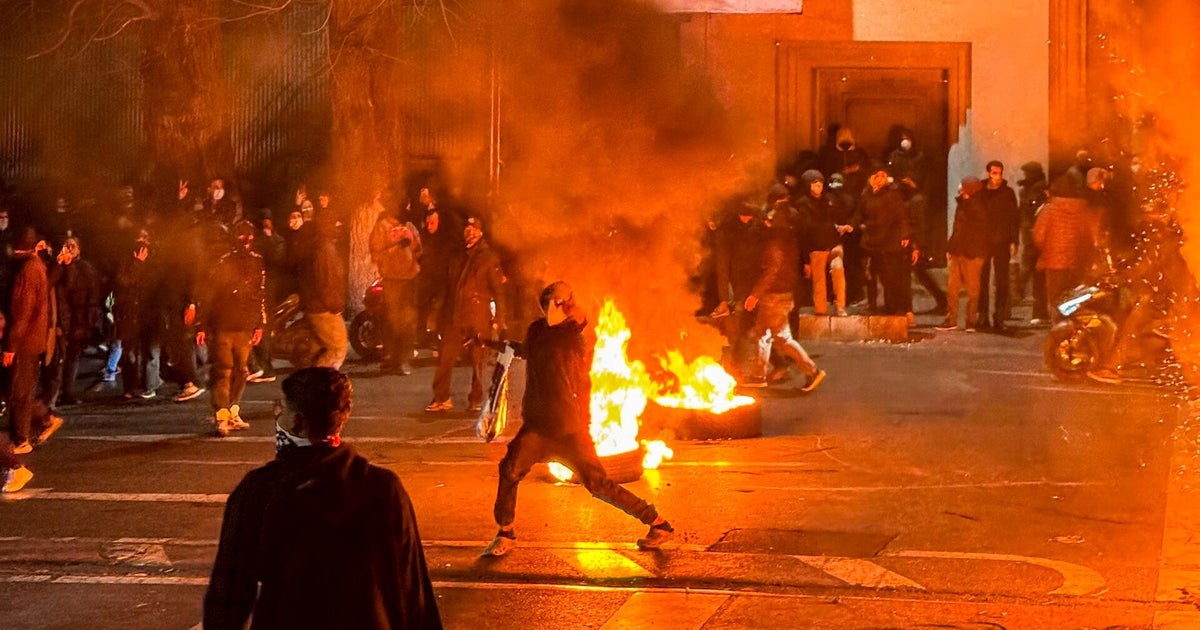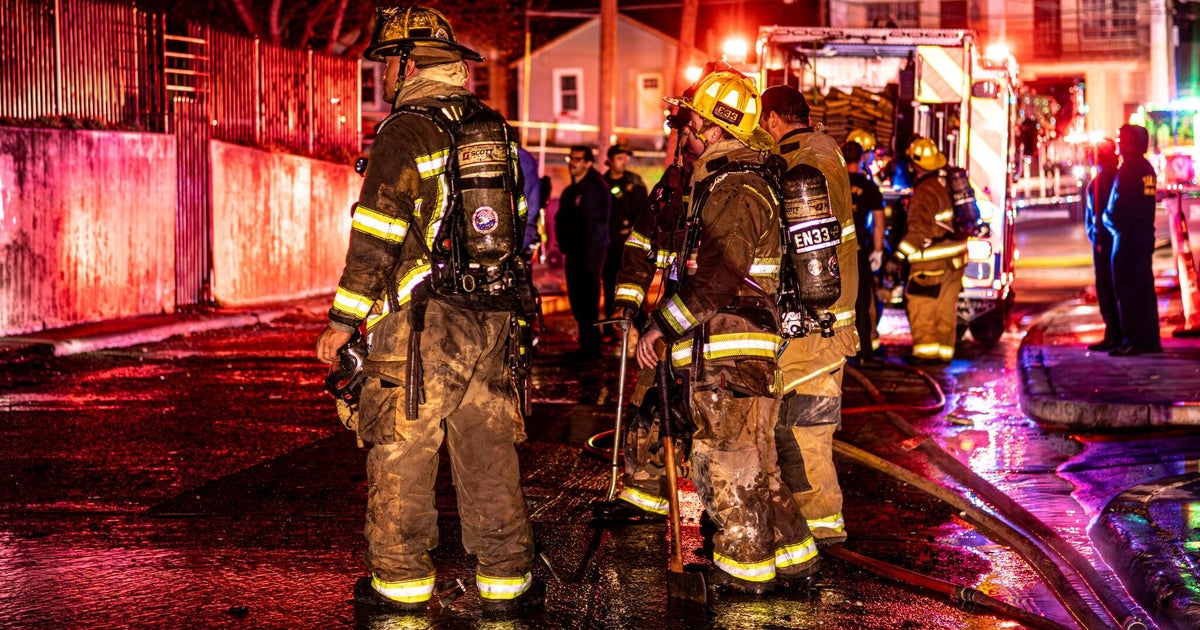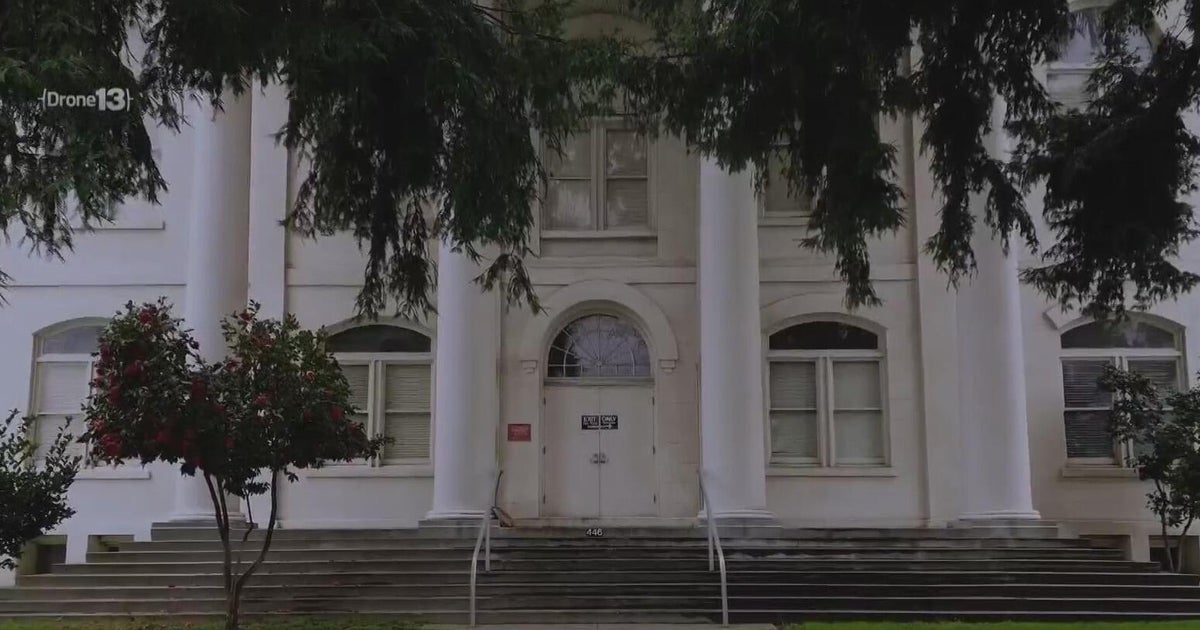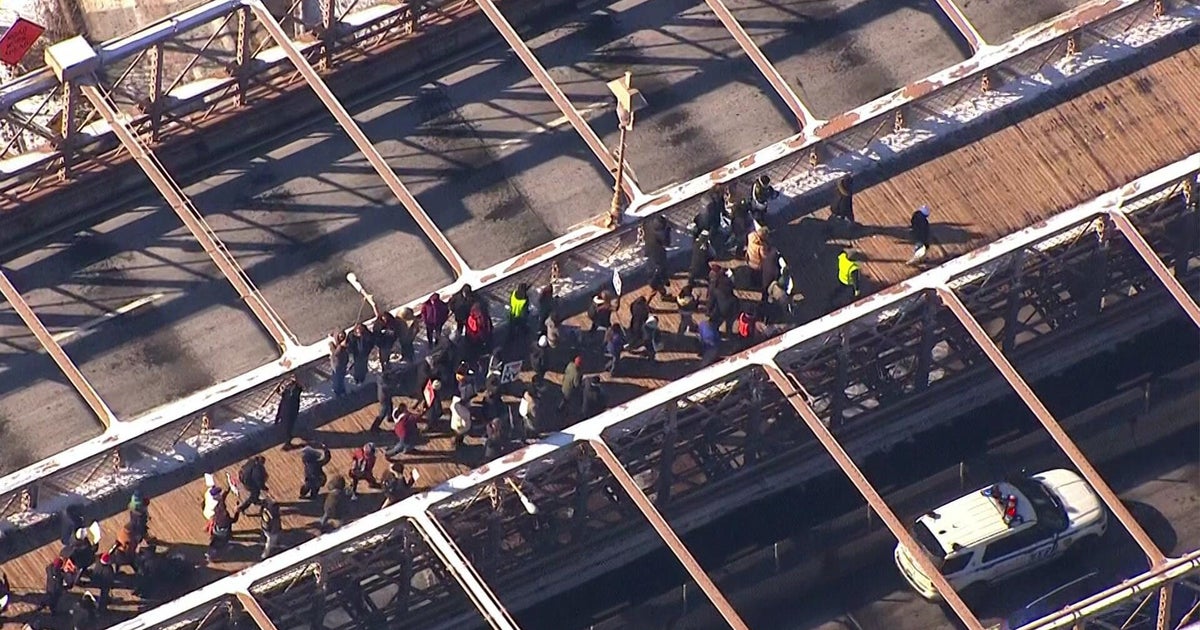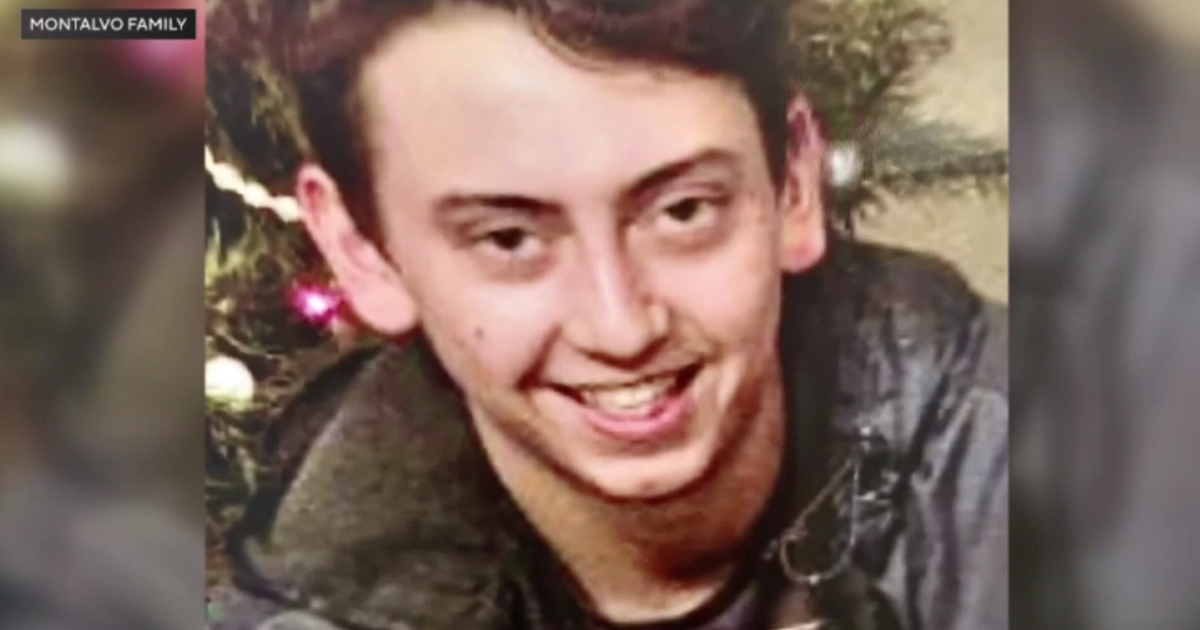Blinken says Israel has accepted U.S. bridging proposal, calls on Hamas to do the same
U.S. Secretary of State Antony Blinken met Monday with Israeli Prime Minister Benjamin Netanyahu and President Isaac Herzog for talks at what he called a "decisive moment" in the war between Israel and Hamas.
The top U.S. diplomat said Israel has accepted a U.S. bridging proposal for the sought-after ceasefire and hostage release agreement and called on Hamas to do the same. He did not say whether the latest draft of the proposal had addressed concerns cited by the militant group.
"In a very constructive meeting with Prime Minister Netanyahu today, he confirmed to me that Israel supports the bridging proposal," Blinken told reporters, without saying what the proposal entails. "The next important step is for Hamas to say 'yes.'"
Netanyahu's office said in a statement that the prime minister spent about three hours with Blinken during a "positive" meeting. It said Netanyahu had "reiterated Israel's commitment to the latest American proposal regarding the release of our abductees – which takes into account Israel's security needs, on which he firmly stands."
In his remarks to reporters on Monday, Blinken said that even if Hamas accepts the proposal, negotiators will spend the coming days working on "clear understandings on implementing the agreement." He said there are still "complex issues" requiring "hard decisions by the leaders," without offering specifics.
Blinken' arrival on Sunday marked his ninth visit to the region since Israel launched its war on Hamas in response to the bloody incursion into southern Israel by Hamas, which saw the militants kill nearly 1,200 people and take more than 250 back to Gaza as hostages. Israeli officials believe about 80 of the captives are still behind held alive, while the remains of 30 to 40 others have yet to be returned to Israel.
"I'm here as part of an intensive diplomatic effort on President Biden's instructions to try to get this agreement to the line and, ultimately, over the line. It is time for it to get done," Blinken said ahead of his meeting with Herzog. "This is a decisive moment — probably the best, maybe the last opportunity to get the hostages home, to get a cease-fire and to put everyone on a better path to enduring peace and security."
"It's also time to make sure that no one takes any steps that could derail this process, and so we're working to make sure that there is no escalation, that there are no provocations," he added.
Mediators will meet again this week to try to cement a cease-fire. Blinken will travel on Tuesday to Egypt and Qatar, where Hamas maintains a political office.
Hamas and Israel continue blaming each other for impasse
In a statement released Sunday, Hamas accused the Israeli leader of placing "more conditions and obstacles in the way of reaching an agreement, in a way that serves his strategy to gain time and prolong the aggression" in Gaza. The group said Netanyahu had recently set "new conditions and demands with the aim of undermining the mediators' efforts."
Hamas said its latest terms for a cease-fire "responds to Netanyahu's conditions and aligns with them," and suggested the proposal had more of what Netanyahu has said he wants, including dropping demands for a permanent cease-fire, a withdrawal from Gaza of Israel's military, and for Israel to cede control of Gaza's southern border with Egypt.
Netanyahu said during a cabinet meeting on Sunday that his government was still negotiating, but insisted it would not be "a scenario in which we just give and give."
"There are things we can be flexible on and there are things that we cannot be flexible on — which we will insist on. We know how to distinguish between the two very well," Netanyahu said.
A blow after Biden says "closer than we've ever been" to cease-fire
The latest statement from Hamas will come as a blow to the months-long U.S.-brokered cease-fire negotiations. The White House, along with fellow mediators from Egypt and Qatar, had voiced optimism about how the talks were progressing last week.
In a joint statement, the U.S., Qatar and Egypt said Friday that the talks had been "serious and constructive."
"We are closer than we've ever been" to an agreement, President Biden told reporters at the White House on the same day.
U.S. Ambassador to the United Nations Linda Thomas-Greenfield had outlined the bridging peace proposal that the U.S. and its partners were pushing the two parties to accept.
The deal would ultimately allow for the release of all remaining hostages in Gaza, a vaccination campaign to stop the spread of polio in the besieged Palestinian territory, a restoration of services including water and electricity to displaced civilians in the enclave, and efforts to halt the fighting between Hamas' ally Hezbollah in Lebanon and Israeli forces, Thomas-Greenfield had said.
On Friday, Gazan health officials also said a child had been confirmed as the first known case of polio in the war-torn territory.
Diplomacy aimed at averting a wider war in the Mideast
Blinken's visit comes at a delicate time, as the Biden administration works to prevent the ongoing exchange of fire between Israel and Hezbollah from becoming a much larger regional conflict.
Soon after the war began, Hezbollah launched attacks on northern Israel, voicing support for Hamas and the Palestinian people. Both groups are backed by Iran, and both Tehran and Hezbollah have vowed to take revenge for Israel's assassination of Hamas political leader Ismail Haniyeh in Tehran earlier this month, and the July killing of senior Hezbollah commander Fuad Shukr in Beirut.
Neither Iran nor Hezbollah have specified how or when they will retaliate.
A senior U.S. official told reporters traveling with Blinken on Sunday that the Biden administration believes Iranian officials want to see a cease-fire.
"They don't want to see regional escalation," the senior administration official said.
When asked if Iran had agreed to delay its response to the assassinations to let the cease-fire talks progress, a source at the Iranian Embassy in London told CBS News on Friday that the country had "always said that we welcome peace and stability in the region as well as stopping killing innocent people in Gaza."
Unending misery in the Gaza Strip
The humanitarian situation in Gaza continued to deteriorate over the weekend for its roughly 2 million inhabitants, as Israeli strikes across the territory destroyed more buildings, with the military saying it had targeted militants and infrastructure.
Gaza's Hamas-run Ministry of Health has said the death toll in Gaza has soared to over 40,000 since Oct. 7, and while the agency does not distinguish between combatant and civilian casualties, the U.N. and humanitarian organizations say many of those killed have been women and children.
The latest devastation included an Israeli strike Sunday on a house in the central Gaza town of Deir al-Balah that killed a woman and her six children, according to an Associated Press reporter who counted the bodies.
CBS News' Margaret Brennan and Camilla Schick contributed to this report.
